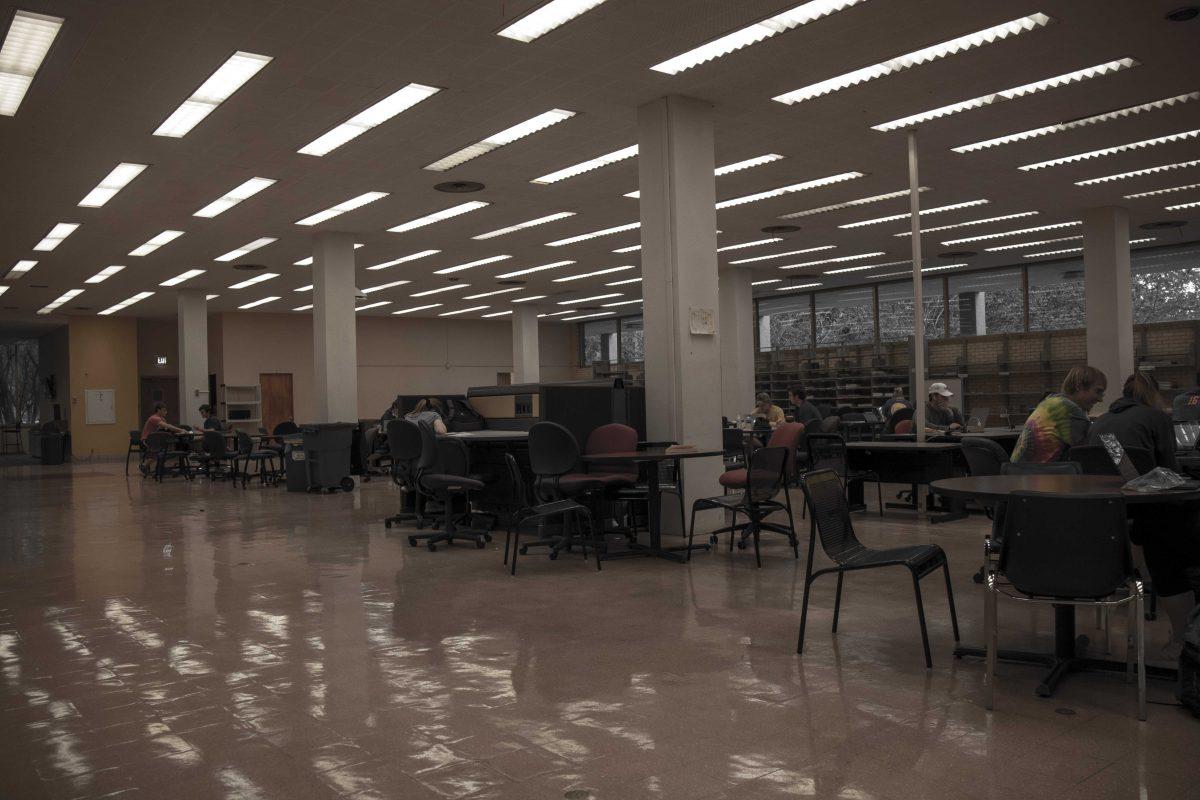Socrates said it best: “The unexamined life is not worth living.” In a time when it seems as though higher education is not much more than an accreditation factory, a place to be assembled, packaged and sent off into the workforce, I think it may be useful to revive the roles of questioning and introspection in shaping our thinking.
As the priorities of universities have become much more practical and career-oriented, the arts and humanities have often been dismissed in favor of STEM fields, which are typically perceived to be more lucrative.
In many ways, this is a fair assumption. Disciplines like philosophy are not particularly adept at providing students with profitable skills for success in the private sector. Their goals are much more fundamental.
Another famous Socrates quote defines philosophy as “a preparation for death.” Seemingly morbid at first glance, I think this idea is a nice summation of the many “big picture” concepts that are unfortunately absent from the typical college curriculum.
Universities are understandably persistent in their efforts to prepare students for success in their chosen line of work; however, a successful career is only meaningful in the context of an underlying “grand vision” for what a human life can and should be.
What is fulfilling and how can I obtain it? How can I most effectively manage and maximize the little time I have here on Earth? What are the right and wrong ways to live? Are there right and wrong ways to live? How can I find and pursue my purpose in life? What if there is no purpose in life?
Almost everyone inevitably wrestles with these questions in some capacity, and almost no one has any clue how to begin answering them. I don’t think it’s unreasonable to suspect that the average American student passes through their entire academic career without any formal instruction in how to grapple with the often uncomfortable, but unequivocally essential, questions of human life.
For me, the obvious starting point in developing a more holistic and meaningful approach to higher education would be to examine general education classes. Most, if not all, college students are required to take a certain amount of fine arts and humanities gen ed courses. A restructuring or prioritization of these already-required credits might be an easy and effective solution.
It might also be interesting to merge a course like Intro to Philosophy with English Comp to emphasize the innate connections between critical thinking and well-developed communication skills.
To be clear, I am in no way proposing that universities, especially public ones, should provide their students with clear-cut, prepackaged answers to these life defining questions. That sort of indoctrination would obviously snowball into its own set of unfortunate predicaments.
Rather, I think young people should be equipped with the proper skills and knowledge to come to their own conclusions. The goal should be to encourage students to appreciate the urgency of living life well and to think critically about the ways in which one might actually attempt such a daunting task.
Evan Leonhard is a 19 year-old English and philosophy major from New Orleans, Louisiana.
Opinion: LSU and other universities should focus more on “big picture” concepts, teach students critical thinking
February 16, 2020
Students studying on the first floor in Middleton Library on Tuesday, Nov. 19, 2019.





